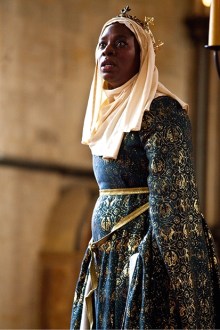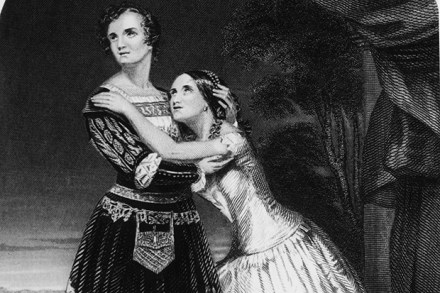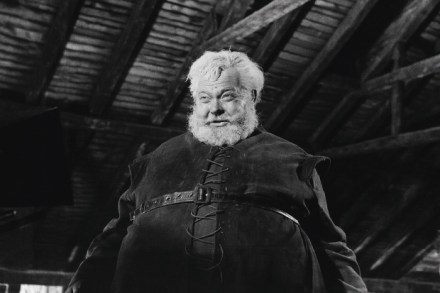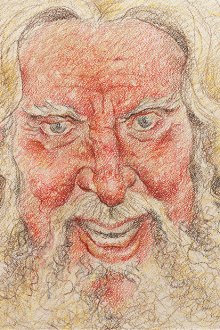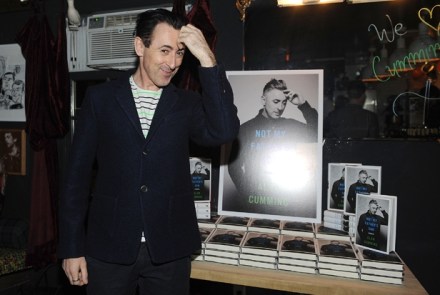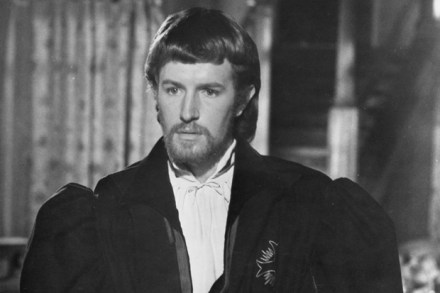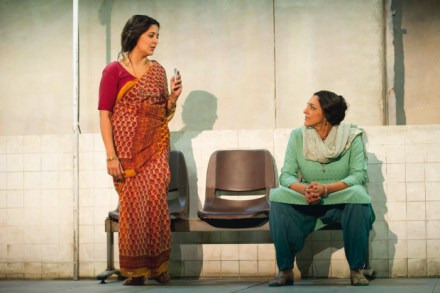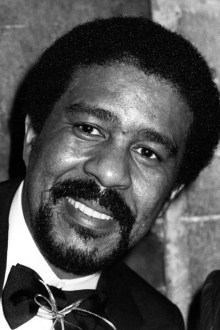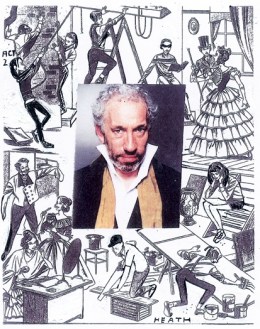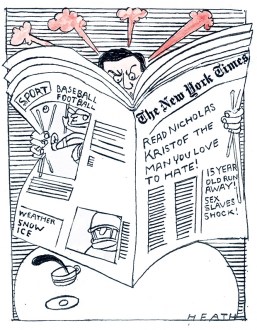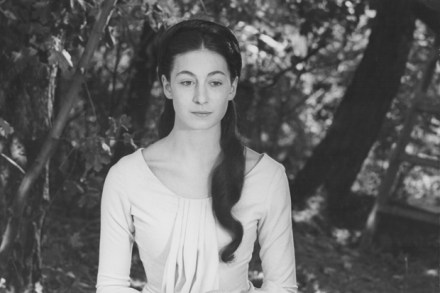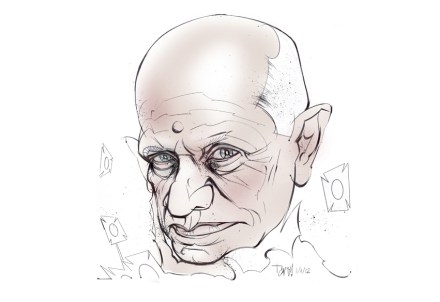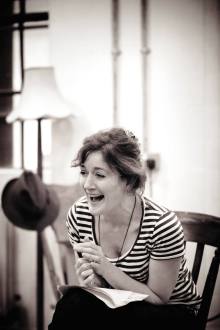Hard reign
King John arrives at the Globe bent double under the weight of garlands from the London critics. Their jaunt up to Northampton for the première seems to have cast an opiate glaze over their faculties. Plays that are rarely revived earn their hermit status for a reason. They lack social skills or winning graces. They’re hard to get on with. Shakespeare launches his account of the bad king’s ‘troublesome raigne’ by exploring the shadowy crenellations of Plantagenet genealogy. A decent cast performing at full whack to an eager crowd couldn’t keep my brain engaged. After 70 minutes, the folds of my eyes were feeling as heavy as piano lids. Then,
